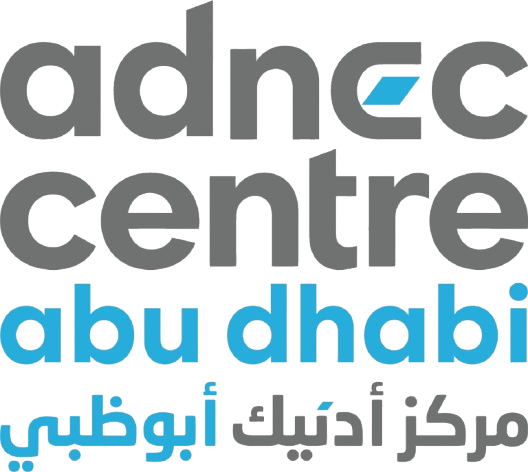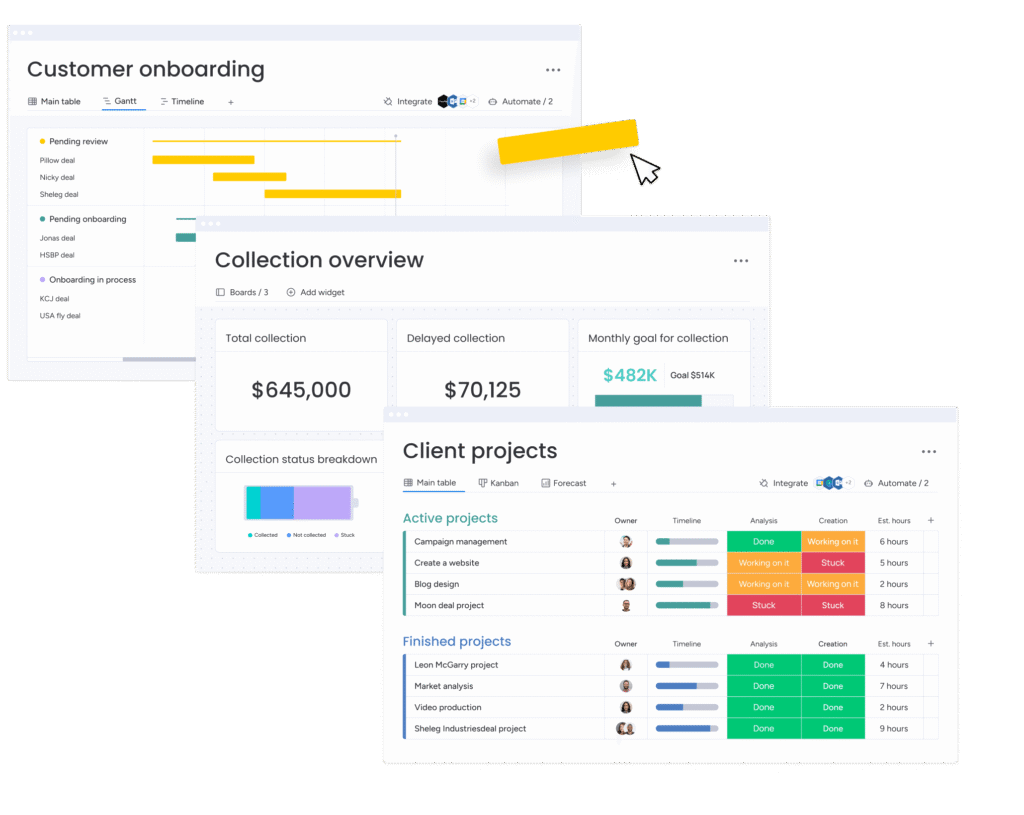About
Partnerships
- Meta Lean + AVO Automation Partnership
- Meta Lean + monday.com Partnership
- Meta Lean + ActiveCampaign Partnership

Abu Dhabi National Exhibitions Company (ADNEC) is a leading event and venue management company headquartered in the United Arab Emirates. As a key driver of Abu Dhabi’s MICE (Meetings, Incentives, Conferences, and Exhibitions) industry, ADNEC manages world-class venues including the Abu Dhabi National Exhibition Centre and Al Ain Convention Centre. The company plays a pivotal role in promoting tourism, economic growth, and global business collaboration by hosting a diverse portfolio of international exhibitions, conferences, and strategic events.

ADNEC approached us with the need to develop a structured and scalable project intake and execution system that could cater to two primary workflows
The first challenge was to provide a platform where different teams could easily submit their investment ideas, which, upon review and acceptance, would transition into formal initiatives. These initiatives needed to go through feasibility and budget assessments, during which they would be classified as either small-scale or large-scale projects. ADNEC also required a centralized portfolio management view where all active initiatives and projects could be monitored in real time based on their current status.
In parallel, they also wanted a separate intake mechanism for project charters with built-in first and second level approvals. Once approved, these charter-based projects needed to be incorporated into the same project portfolio system for consistency and tracking.
To meet ADNEC’s requirements, we designed a complete project lifecycle management solution in monday.com, which unified idea submission, initiative development, project classification, execution tracking, and portfolio-level oversight—all through seamless automations and real-time dashboards.
We first developed a custom Idea Intake Board, integrated with a structured external submission form for internal teams to propose new investment opportunities. This board was equipped with automations to track submission dates, notify reviewers, and move ideas through initial screening stages.
Once an idea was approved, it was automatically converted into an initiative and moved to a dedicated Initiative Board. Here, the initiative underwent further evaluation, including feasibility studies, budget allocation, and stakeholder approvals. Depending on the outcome of this phase, the initiative was either classified into a Small-Scale or Large-Scale Project.
Upon final approval, a new item was generated in the High-Level Portfolio Board, and simultaneously, a corresponding Project Board was created using a pre-configured template. These project boards were structured to support planning and execution activities, including milestones, tasks, owners, timelines, risks, and budgets.
Each project board was automatically linked back to the portfolio board, allowing all status changes, progress updates, and key metrics to be reflected at the portfolio level through mirrored columns and automation rules.
For the second use case, we built a separate Project Charter Intake Board, again using a tailored external form to receive structured project requests. This intake went through a two-tiered approval process, where automations ensured proper routing to the appropriate reviewers for both the 1st and 2nd approval stages.
Once a charter received both approvals, the request automatically moved to the “Approved” bucket. From there, just like in the initiative workflow, a new entry was created in the Portfolio Board, and a Project Board was generated from a standard template and linked back to ensure full integration within the central project ecosystem.
To give ADNEC leadership complete visibility over all running initiatives and projects, we built a comprehensive Portfolio Dashboard using monday.com’s widget-based analytics. This dashboard consolidated data from all linked project boards and visualized key indicators such as:
Project statuses (In Progress, At Risk, Completed)
Departmental distribution
Budget usage and variance
Key milestones and deadlines
Risk and issue summaries
This implementation allowed ADNEC to transform their project and initiative intake processes into an automated, scalable, and insight-driven ecosystem, ensuring faster approvals, better collaboration across departments, and full visibility from idea to execution.

